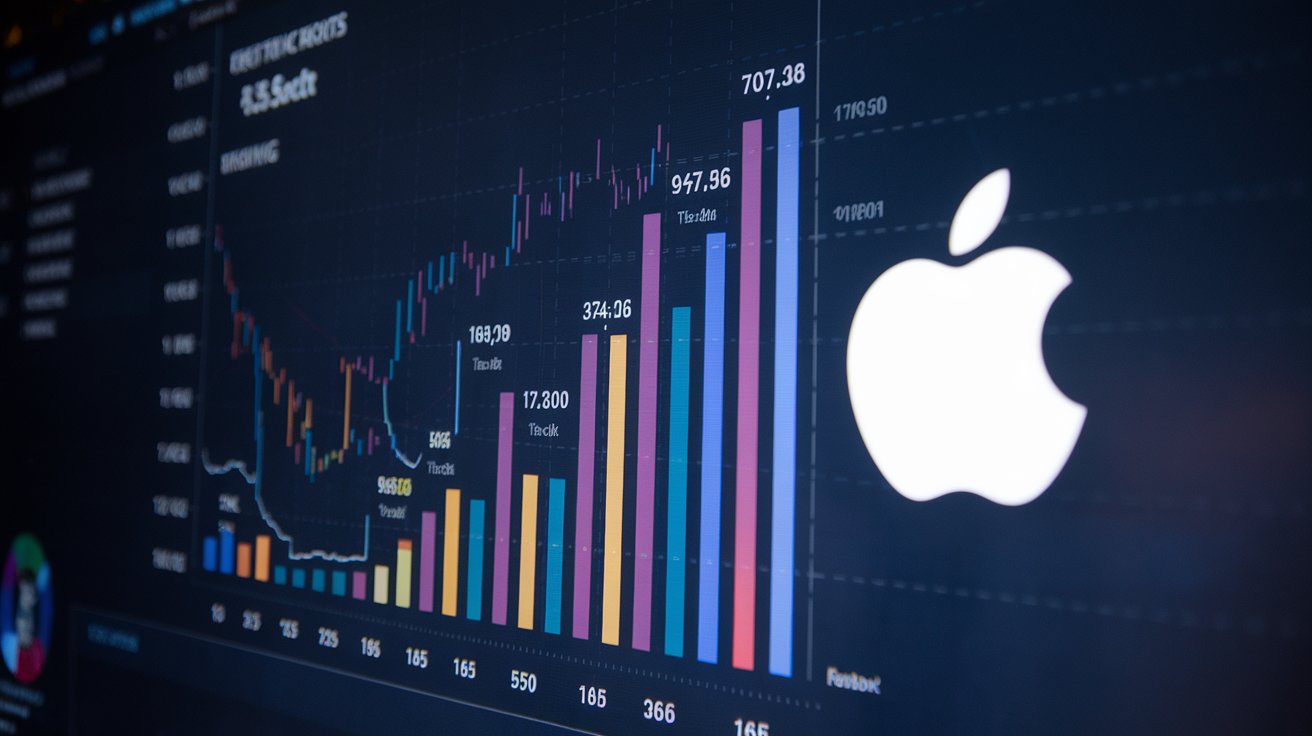Tech Giants Face Antitrust Crackdown: How New Regulations Could Reshape the U.S. Economy
The tech giants—Google, Amazon, Facebook (now Meta), and Apple—are facing an unprecedented wave of antitrust actions that could redefine the U.S. economy. As regulators and lawmakers push for stricter regulations, the ripple effects are being felt across industries, from startups to consumers. This blog dives deep into the latest developments, the economic implications, and what it means for you.
Table of Contents
Why Are Tech Giants Facing Antitrust Crackdowns?
For years, tech giants have dominated the digital landscape, leveraging their massive user bases and data resources to outpace competitors. However, their growing influence has raised concerns about monopolistic practices, stifled competition, and privacy violations.
In 2023, the U.S. government intensified its efforts to rein in these companies. The Federal Trade Commission (FTC) and the Department of Justice (DOJ) have filed multiple lawsuits against Google and Facebook, accusing them of anti-competitive behavior. For example, Google is under fire for allegedly monopolizing the online advertising market, while Facebook faces scrutiny for acquiring competitors like Instagram and WhatsApp to eliminate competition.
Key Regulations Reshaping the Tech Industry

- The American Innovation and Choice Online Act:
This proposed legislation aims to prevent tech giants from favoring their own products on their platforms. For instance, Amazon could no longer prioritize its private-label products over third-party sellers. - The Open App Markets Act:
Targeting app store practices, this bill seeks to ensure fair competition for smaller developers. Apple and Google, which control the two largest app stores, would be required to allow alternative payment systems and reduce their commission fees. - Global Antitrust Efforts:
The U.S. is not alone in this crackdown. The European Union has fined Google billions of dollars for anti-competitive practices, while countries like India and China are also tightening regulations. This global push underscores the need for accountability in the tech sector.
Economic Implications: What Does This Mean for the U.S. Economy?
The antitrust crackdown could have profound effects on the U.S. economy:
- Pros:
- Increased competition could lead to more innovation, better products, and lower prices for consumers.
- Smaller businesses and startups may find it easier to compete in a fairer marketplace.
- Cons:
- Breaking up tech giants could disrupt their operations, potentially leading to job losses and reduced investment in research and development.
- Investors may face uncertainty, impacting stock prices and market stability.
According to a report by Brookings Institution, “The success of these regulations depends on striking a balance between curbing monopolistic practices and preserving the economic benefits these companies provide.”
What’s Next for Tech Giants and Consumers?
As the antitrust crackdown gains momentum, the tech industry is bracing for significant changes. Here’s what to expect:
- Increased Scrutiny:
Tech giants will face more regulatory oversight, forcing them to adopt transparent business practices. - Consumer Benefits:
With more competition, consumers could enjoy better services, lower prices, and greater privacy protections. - Global Impact:
The U.S. crackdown is part of a broader global trend, meaning tech companies will need to adapt to varying regulations worldwide.
Why This Matters to You
Whether you’re a consumer, a small business owner, or an investor, these changes will impact you. For consumers, it could mean more choices and better deals. For businesses, it could level the playing field, allowing smaller players to thrive. And for investors, it’s a reminder to stay informed about regulatory developments that could affect market dynamics. [USnewsSphere.com]








